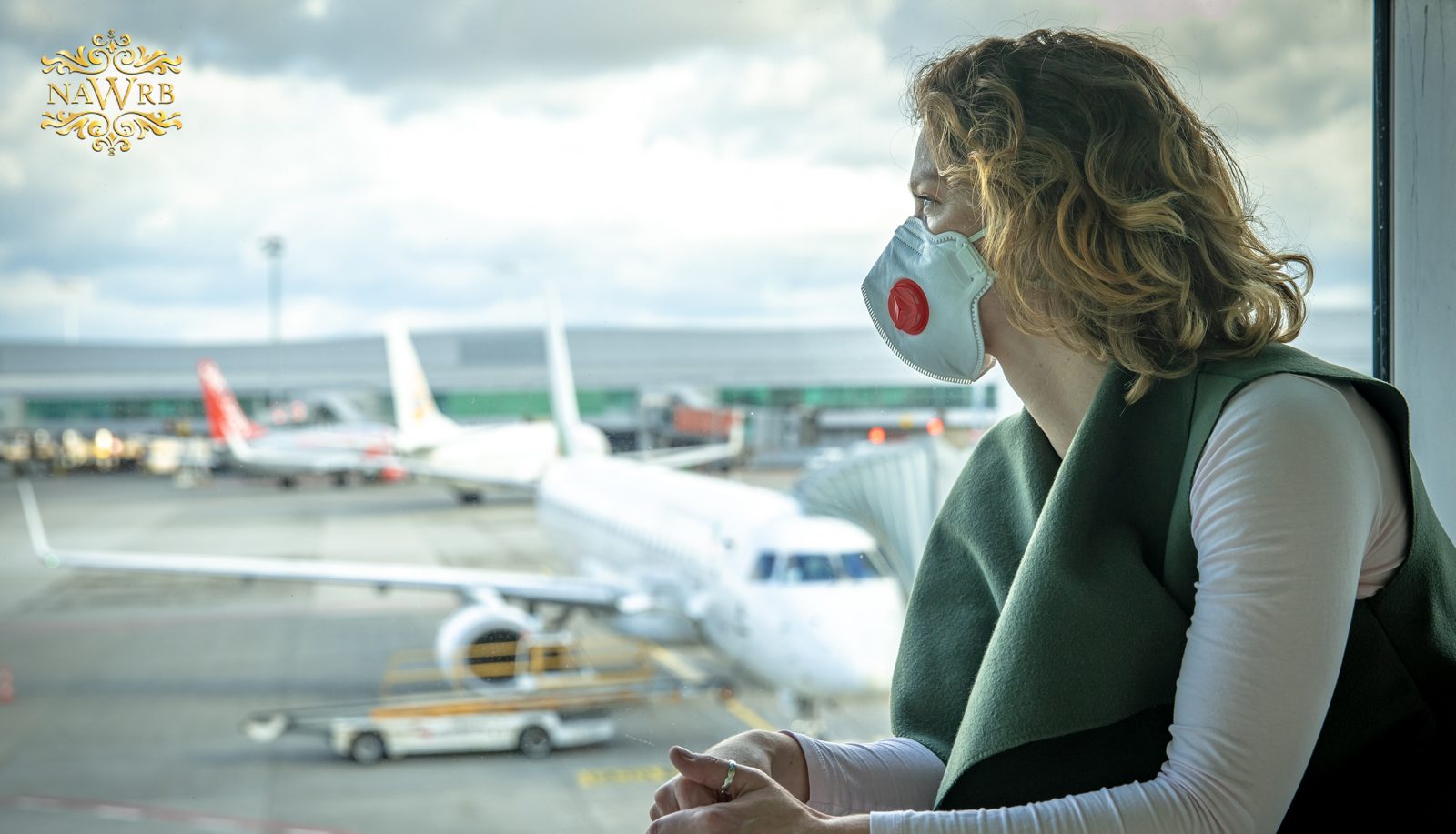Coronavirus disease (COVID-19) is now a global pandemic that has altered many facets of human life in the past few months, especially in the past couple of weeks, as countries are taking measures to contain the outbreak and protect the safety of their citizens. The travel industry has especially been affected as people are being forced to cancel or change their preexisting travel plans, whether international or domestic, as more countries are being labeled as high risk areas for contracting the virus.
This has taken a toll on the short-term rental business, such a Airbnb and VRBO, as short-term renters and hosts are working through solutions in response to the coronavirus-related cancellations. Individuals who have created a small business out of offering their properties as short-term renters for travelers are faced with the financial burden offering a full refund for travelers who wish to cancel their stay due to the coronavirus.
Business owners and travelers can purchase insurance policies for unforeseen cancellations, yet very few, if any, have clauses about pandemic coverage as this situation is unprecedented. It is resulting in a substantial revenue loss for businesses who depend on the funds from renting out their properties to pay their mortgage and make other necessary payments, or as a source of passive income. In addition, many short-term rental businesses are seeing loss in potential revenue as less people are booking stays for peak seasonal travel times, including holidays, both domestically and internationally, when hosts make most of their revenue.
On the other hand, travelers who have already booked their short-term rentals in advance for an impending trip are in the unfortunate predicament of having to cancel their plans in order to limit their chance of contracting the coronavirus or spreading it to others. Social distancing is one of the new best practices. In addition, many countries, states, and counties have limited traveling to essential travel only.
Many popular airlines such as Delta, United Airlines and JetBlue are waiving change fees to help accommodate travelers as they reassess and change their travel plans. However, those who have booked flights have most likely booked their accommodations, as well. Using Airbnb or VRBO for booking accommodation is typically a budget-friendly option for travelers on a tight budget, but these companies have their own unique cancellation policies that might differ from hotels or other mainstream options.
The following are the up-to-date cancellation policies for Airbnb and VRBO, some of the most popular short-term rental third-party websites. As of March 15, 2020, Airbnb provides the following coverage for COVID-19 under their extenuating circumstances policy:
“Reservations made on or before March 14, 2020 for stays and Airbnb Experiences, with a check-in date between March 14, 2020 and April 14, 2020, are covered by the policy and may be cancelled before check-in. Guests who cancel will receive a full refund, and hosts can cancel without charge or impact to their Superhost status. Airbnb will refund all service fees for covered cancellations. The host’s cancellation policy will apply as usual to reservations made after March 14, 2020, and to reservations made on or before March 14, 2020 with check-in dates after April 14, 2020.”
Note that reservations for stays or Airbnb Experiences that are made on or before March 14, 2020, with a check-in date after April 14, 2020, will not be covered under their extenuating circumstances policy, except if the guest or host has contracted COVID-19. Therefore, the host’s cancellation policy applies as usual. Because each host has a different cancellation policy, Airbnb recommends that travelers read the fine print before booking their stay and choosing the most flexible option.
In the event that Airbnb hosts cancel a covered reservation, the company ensures that they will not be charged, there will be no impact on their Superhost status, if they have it, and they will refund all service fees.
In response to coverage for COVID-19, VRBO makes the following comment on their website: “Vrbo® advises travelers to follow travel advice from the World Health Organization and local authorities. Refunds of payments made for vacation home rentals are based on the homeowner’s cancellation policy. If a homeowner or property manager refunds a booking due to COVID-19 (coronavirus) concerns, Vrbo will automatically refund the traveler service fee. Travelers who have purchased travel insurance should contact the insurance company for any claims processing.”
In a direct letter to homeowners, VRBO asks homeowners to handle cancellations for trips booked before March 13 with stays that fall between March 13 and April 30 in one of two ways. The default option is to “offer a credit for full value and flexible stay dates within the next year (at no additional cost) to travelers who can’t take trips now due to COVID-19.” The second option, if the credit is refused by the traveler, is to issue a refund. If owners are unable to offer a full refund, VRBO expects them to provide at least a 50% refund if the traveler cancels.
To incentivize property owners to follow these options they are offering to reward “Vrbo partners who offer travelers flexibility during this time of uncertainty with additional visibility in traveler searches on Vrbo and Expedia Group.” VRBO is also offering to waive cancellations so that they do not affect the ranking metrics for hosts worried that the cancellation will negatively impact their business. To waive a cancellation, hosts are required to cancel and refund their reservation in full and call customer support at their earliest convenience.
Whether you’re a short-term rental guest or a homeowner, it’s important to keep updated on the current cancellation policies of the organization through which you book a rental or rent out your space. In this time of uncertainty, the best thing we can do is be prepared for any possible scenario and make the best decision we can for the safety of ourselves and others.

 Login
Login

